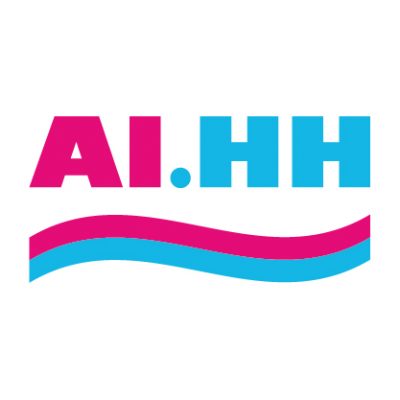AI is an advantageous technology playing an increasingly major role in our community. Especially in the focus areas, such as healthcare, agriculture, mobility, and climate change AI has turned out to be very beneficial. Moreover, the AI bus cannot be driven without its fuel called data. Concerns about the distribution of data are rising for ethical reasons on the consumer’s side and because of its sub-optimal allocation amongst participants who want to create digital value. Prof. Olaf Groth from Cambrian LLC will discuss how the future of data marketplaces will look like, how AI will use data in the future, and how this affects data protection and the monetization of your data.
How much is our data worth?
About 90% of 1,000 consumers surveyed in the U.S. think it is entirely unethical for their data to be shared without consent. A study by Insights Network found that 79% of consumers said they want compensation when their data is shared. Firstly it would be interesting to know the actual value of our data. When asked about the price internet users put on their “loss of privacy”, they ascribe $36 to their identifiable data. The truth may seem rather sobering. Data brokers trade general information about a person such as age, gender, and GPS location for about $0.0005 per person. Meanwhile, entrepreneurs are identifying a growing number of business cases for data marketplaces to bridge the gap between the actual and assigned value of data. Such data marketplaces could be online businesses or platforms where users can purchase data sets or gain access to real-time data streams. This innovation would tap into a massive revenue opportunity.
Who has access to our data?
Research from Stanford University suggests that the allocation of data in today’s digital economy is not optimal. With only a few large platforms having access to meaningful data pools, non-digital platforms and smaller actors are limited in their ability to participate in digital value creation. Some estimates indicate that 99.5 percent of the data we produce is not accessible as it remains in organizational, application, or industry silos. Therefore, while trust in the digital economy is deteriorating, the inaccessibility of data limits human and economic growth. With data marketplaces, all users could gain access to valuable data for prices that are fair for all parties, leveraging the utilization of AI. There also are other approaches to improve the accessibility of data, such as data taxes or dividends to share the value of data more evenly between those that create and those that use data. Moreover, Jaron Lanier from Microsoft has championed so-called data unions that would negotiate the value of data on behalf of the data creators. In our show, Prof. Olaf Groth will give his assessment of the advantages and disadvantages of data marketplaces in comparison to open data approaches, data unions, or data dividends.
Our inspiring guest Prof. Olaf Groth
Olaf has 25 years of experience as an executive and adviser building strategies, capabilities, programs, and ventures across over 35 countries with multinationals (e.g. AirTouch, Boeing, Chevron, Qualcomm, Q-Cells, Vodafone, etc.), consultancies, startups, VCs, foundations, governments, and academia. He is the founding CEO of advisory think tank Cambrian Futures and concept development firm Cambrian Designs. He serves as Professor Of Practice for strategy, innovation, economics & futures at Hult International Business School, where he teaches across campuses in the US, Europe, Middle East, and China. He is a member of the Global Expert Network at the World Economic Forum for the 4th industrial revolution and positive AI economy futures, Visiting Scholar at UC Berkeley’s Roundtable on the International Economy (BRIE) and its program Working with Intelligent Tools & Systems (WITS). Olaf also served on the Innovation Policy Committee for the Biden/Harris campaign. He is co-author of the AI book Solomon’s Code: Humanity in a World of Thinking Machines with Dr Mark Nitzberg, and of the prospectively forthcoming book The Great Remobilization: Designing A Smarter Future with Drs. Mark Esposito and Terence Tse. All in all, Olaf is an absolute expert in his space and a real enrichment for our next BLOCKCHANCE Online LIVE show.
Join the Show About Data Marketplaces & The Future of AI w/ Prof. Olaf Groth
Do you want to find out what the future of AI and data marketplaces will look like? Then join the show on April 28, 2021, starting at 5 pm (CEST) / 3 pm (UTC). The show will be in cooperation with AI.Hamburg and we will stream live on YouTube. Be part of the discussion by sending us your questions via Telegram or in the live chat. Notice the show by adding it to your calendar.




